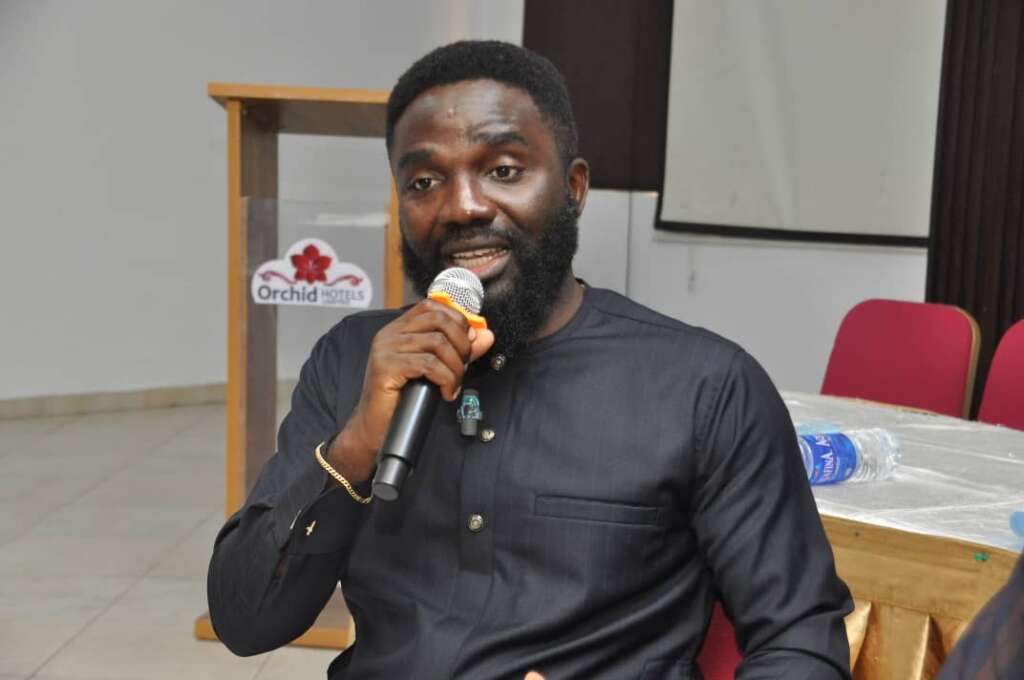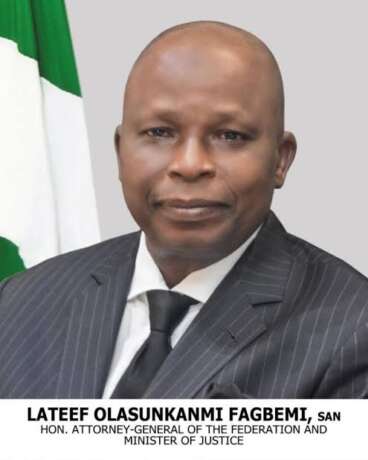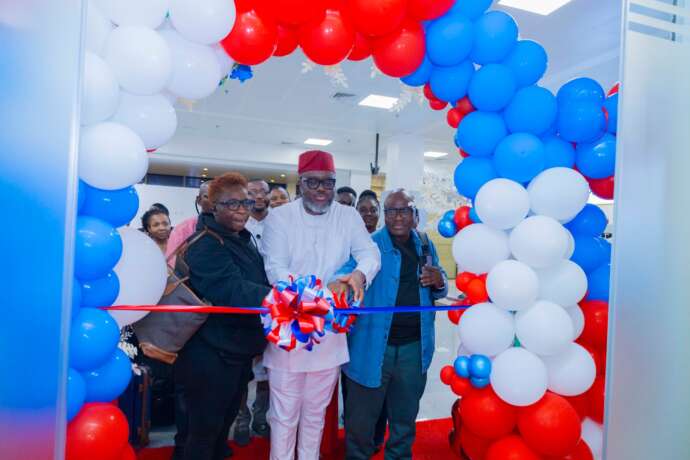
The Chief Executive Officer of emPLE Life Assurance Limited, Mr. Rantimi Ogunleye has stated that the insurance industry must transit from playing a minor role in the economy of Nigeria to key driver to achieve the $1 trillion economy in 2030.
Ogunleye was the Guest Speaker at the Finance and Business Online Publishers Association (FiBOP) 2025 National Conference with the theme, Leveraging Technology Innovations, Tax Reforms and Opportunities in Renewable Energy and Agriculture to Achieve $1 Trillion Economy held in Lagos.
Ogunleye, was represented by the Executive Director (Technical) at emPLE Life Assurance Limited, Mr. Jolaolu Fakoya,
Fakoya called for a sector-wide mindset shift, urging policymakers, investors, and industry leaders to treat insurance not merely as a financial product, but as a strategic enabler of national development.
According to him, “Insurance is more than numbers; it’s the confidence to build, invest, and grow. If we get it right, we won’t just contribute to GDP—we will help safeguard it.”
Insurance, he said supports critical sectors such as agriculture, oil and gas, real estate, logistics, and construction, adding that despite insurance
current contribution to GDP contribution of just over $1 billion—translating to less than 1% penetration, insurance, he argued, underpins critical sectors such as agriculture, oil and gas, real estate, logistics, and construction.
To buttress his point, Ogunleye cited the Dangote’s $20 billion refinery,which he said is not only capital-intensive venture but only possible with robust insurance coverage providing the risk buffer necessary for investment.
Throught together finance, policy, and tech leaders for high-level discussions on sustainable economic growth. For emPLE Life Assurance, the message was clear: insurance must be recognized as a cornerstone of economic continuity and stability.
In his presentation titled “The Strategic Place of Insurance in the Achievement of One Trillion Dollar Economy for Nigeria: Claims Payments and Customers Feedback,”
Ogunleye said, “From farmers to fintech founders, from construction firms to cargo carriers, insurance allows stakeholders to operate with reduced exposure to risk,” Ogunleye said. “It creates the resilience that keeps the economic engine running.”
Ogunleye identified persistent structural barriers stalling the industry’s growth—including low consumer trust, poor awareness, and deep-rooted cultural skepticism, especially surrounding claims payments.
He emphasised the need for transparent communication, simplified policy language, and consistent, high-integrity claims settlement practices.
“Claims payment is the strongest form of public relations in insurance. It builds trust better than any ad campaign ever could,” he stated.
A major highlight of Ogunleye’s presentation was the recent passage of the Nigerian Insurance Industry Reform Act (NIIRA) 2025—a legislative milestone mandating compulsory insurance across key sectors, including public buildings, infrastructure projects, trade, and professional services.
He called the Act a “landmark step,” and that it institutionalises risk management as a prerequisite for economic activities and introduces enforcement mechanisms to ensure compliance.
According to him, “This reform aligns the insurance sector more directly with Nigeria’s development priorities,” he noted. “It’s a signal that risk management is now a national imperative.”
He warned that legal mandates alone are insufficient and that reaching the informal sector where most Nigerians live and work requires innovative, low-cost, and accessible products tailored to daily realities.
“It’s hard to sell a policy to someone who’s worried about their next meal,” he said.
Ogunleye called for a multi-stakeholder coalition involving regulators, insurers, fintechs, and community leaders to drive penetration beyond urban centers and salaried workers.
He called for bold thinking, digital inclusion, and behavioral research to design insurance solutions that reflect the socio-economic dynamics of Nigeria’s diverse population.
“The future of Nigeria’s economy won’t just be built with steel and cement, but with trust, protection, and resilience. Insurance must be a pillar—not an afterthought—of our $1 trillion ambition,” he concluded.








